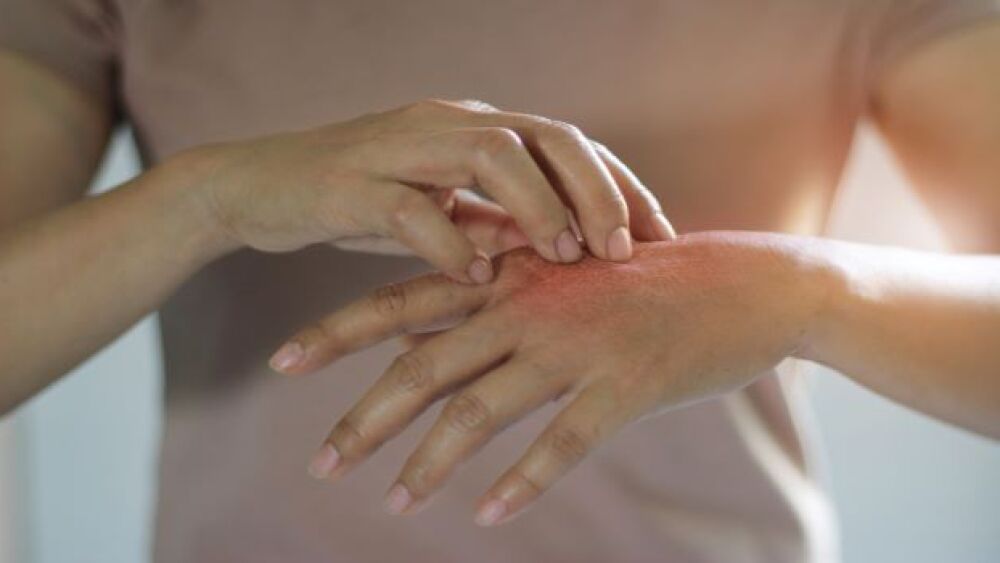Krystal Biotech announced that it submitted a Biologics License Application to the FDA for its candidate B-VEC, intended for the treatment of dystrophic epidermolysis bullosa.
On Wednesday, Krystal Biotech announced it has submitted a Biologics License Application to the U.S. Food and Drug Administration for its candidate B-VEC (beremagene geperpavec), intended for the treatment of dystrophic epidermolysis bullosa (DEB).
DEB is a rare genetic skin disorder that has two major types, determined by the inheritance pattern. Recessive DEB (RDEB) is characterized by more severe clinical findings, including skin fragility, blistering and erosions that affect the entire body, including the esophagus, oral cavity and cornea.
Some people with RDEB may have less severe blistering localized to the hands, feet, knees and elbows. Dominant DEB (DDEB) is a milder form of the disease, causing mild blisters that affect the hands, feet, knees and elbows that cause scarring. Dystrophic nails and thickened, deformed or colored nails may be the only manifestations of DDEB.
DEB is caused by genetic mutations in the COL7AI gene, which is responsible for the production of type VII collagen. The collagen forms anchoring fibrils that bind the inner layer of the skin to the outer layer. People with DEB lack functional anchoring fibrils, causing fragile skin. Krystal aims to deliver patients functional copies of the gene with B-VEC.
B-VEC is an investigational, non-invasive, topical, redosable gene therapy that delivers DEB patients two functional copies of the COL7AI gene when applied directly to lesions. By providing cells with the template to make the functional COL7 protein, the disease-causing mechanism of DEB can be stopped in its tracks.
The FDA granted B-VEC Orphan Drug Designation for the treatment of DEB, as well as fast track designation and rare pediatric designation. Now, Krystal is targeting full approval from the agency with supporting data from two placebo-controlled clinical trials.
In March, Krystal published results from its Phase I/II clinical trial of the drug in Nature Medicine. The trial included nine RDEB patients who either received B-VEC or placebo over 12 weeks. Patients treated with B-VEC demonstrated robust functional COL7 expression including its assembly into anchoring fibrils. The topical gene therapy also improved durable wound closure in patients with minimally reported adverse events.
In November 2021, the company announced its Phase III trial results with B-VEC, which included 31 patients. The results were positive, showing that 67% of wounds treated with B-VEC achieved the primary endpoint of investigator-assessed complete wound healing at six-month time points, in comparison to 22% of wounds treated with the placebo. The drug was also well-tolerated with no drug-related serious adverse events being reported. Additional data from the trial was presented at the 2022 Society for Investigative Dermatology Annual Meeting which showed that B-VEC produced no clinically significant immunologic reactions during the study.
Currently, there are no FDA-approved treatments specific to DEB or the group of conditions it belongs to, epidermolysis bullosa. Previously, Amryt Pharma attempted to enter the treatment landscape with a topical gel that was meant to accelerate wound closure in those with the condition. In February, the FDA rejected Amryt’s treatment, asking for additional confirmatory evidence of the effectiveness of the gel.





